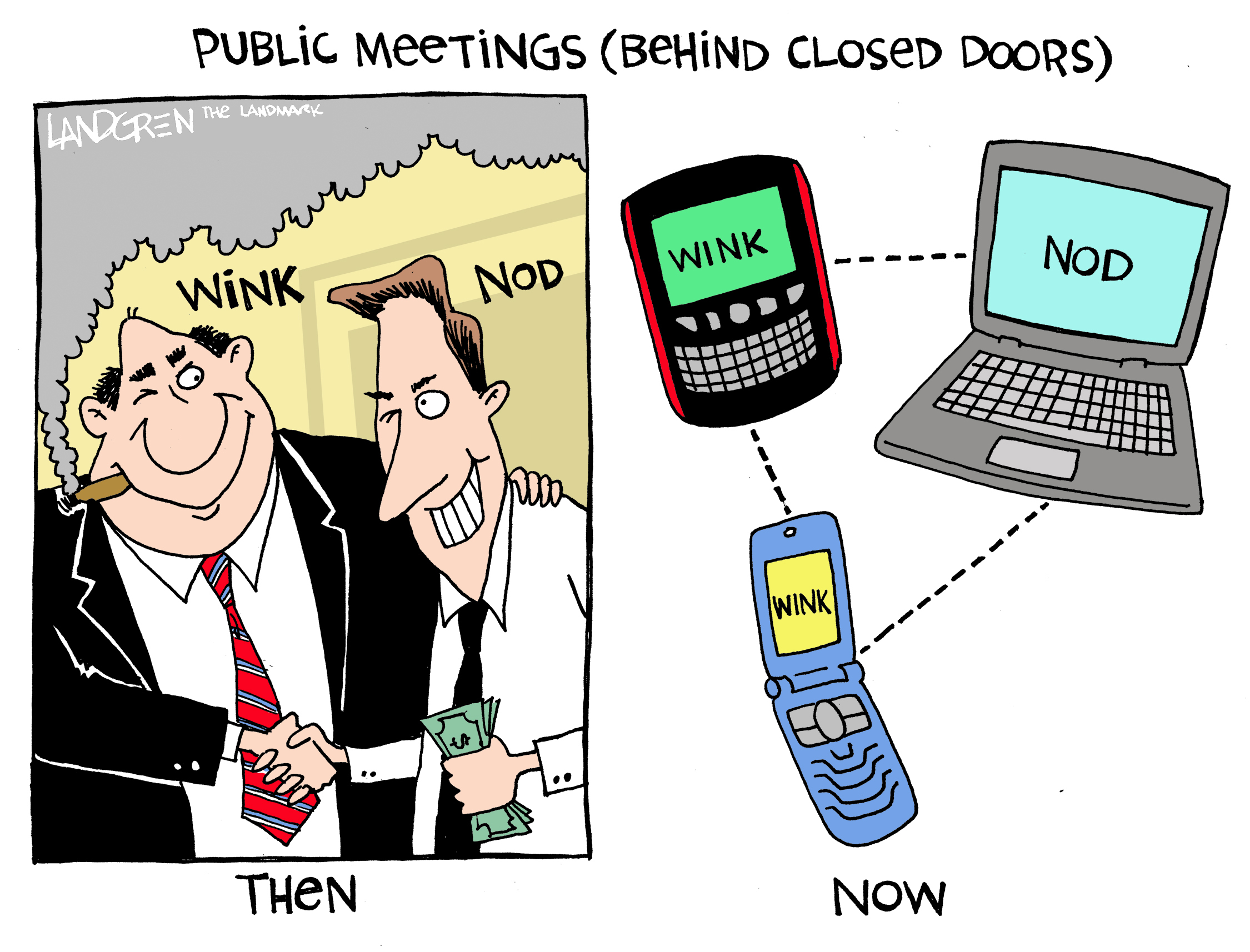Report on
Howard County Public School System
violations of the Public Information Act
Key Principles
- Records retention policies are essential to the ability of a governmental unit to maintain its records and respond properly to PIA requests.
- A governmental unit must not treat (or be perceived as treating) controversial or uncomfortable public records requests differently than it handles “garden-variety” requests.
- PIA requests must be handled without regard to the identity of the requestor or the subject of the records requested....
- Although fees may be charged by a custodian, waiver requests should not be denied without consideration of the public interest, because doing so can undermine the purpose of the PIA by deterring requestors from pursuing their record requests.
Case Study
The foregoing history demonstrates multiple PIA compliance problems and incorrect or unsubstantiated responses by HCPSS. Among the areas of concern are: HCPSS’ failure to respond in writing to the September 2012 and April 2014 PIA requests for student records; HCPSS’ unsubstantiated assertion that the vast majority of records it produced to the requestor for the first time in February 2016 had been produced in 2014 and earlier; and the repetition of this unsubstantiated statement and concomitant representation later in 2016 by the Director of Communications that all disclosable records had been produced to the requestor. In fact, HCPSS’ own counsel demonstrated that the latter comment was not the case when an additional record was provided for the first time on November 28, 2016.... (pages 3-4)
HCPSS’ multiple failures in responding fully and accurately to this requestor have severely undermined the ability of this requestor to have any trust or confidence in the integrity and validity of HCPSS’ responses to her PIA requests. Likewise, failures of this magnitude, persisting for more than 4 years, have an obvious impact on the level of trust and confidence that HCPSS can expect in the wider community. Perhaps most troubling of all is that, even at this late date, HCPSS seems unwilling to give a candid accounting for these failures. Apart from the persistence of certain unanswered questions concerning the withholding of other records not yet produced, but which may be subject to disclosure in redacted form, HCPSS has taken no steps to acknowledge and take responsibility for the very real injury to this requestor.... (page 29)
--Maryland Public Access Ombudsman's Report Concerning the Howard County Public School System's Handling of Requests Under the Public Information Act, December 30, 2016.



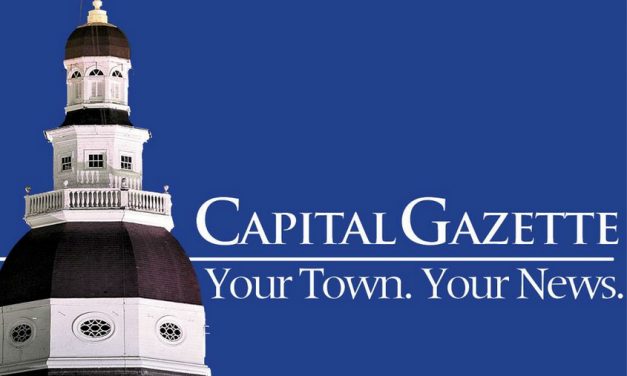

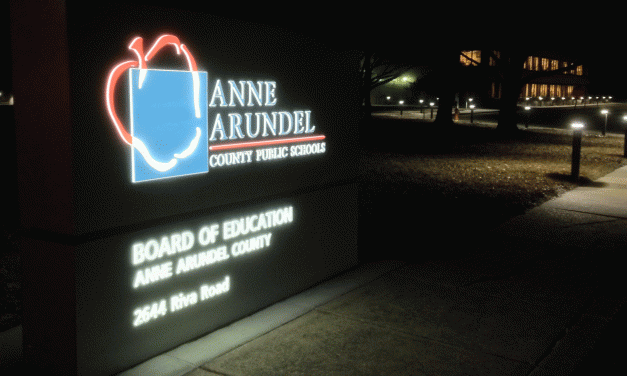
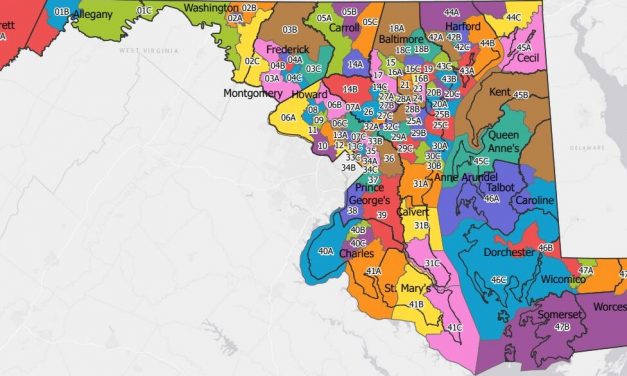

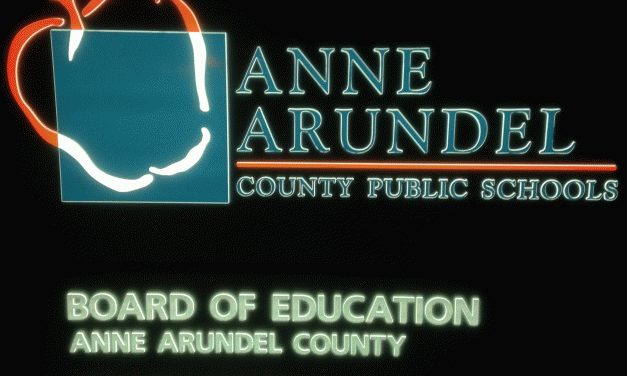





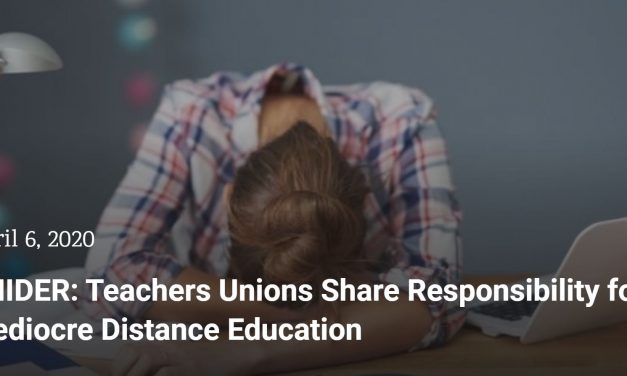


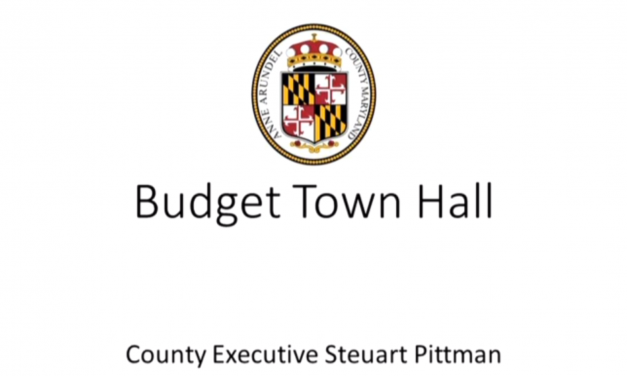

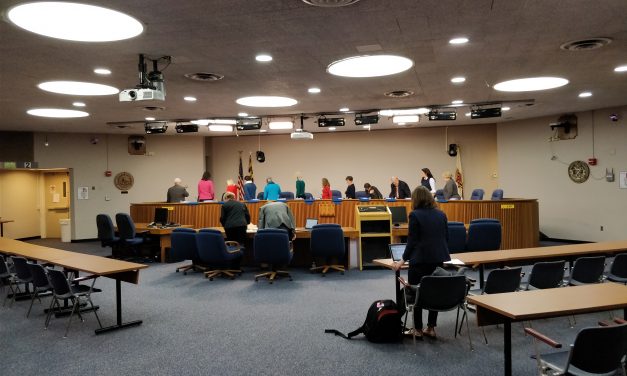
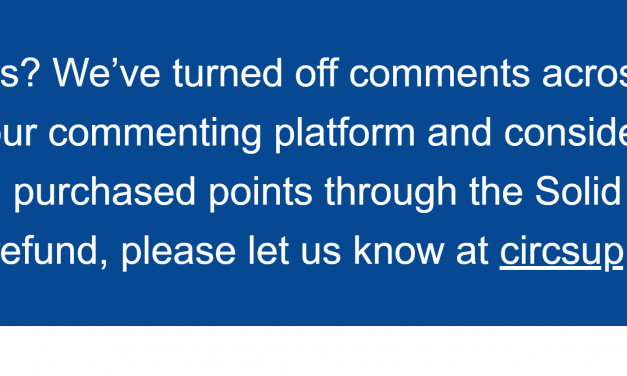
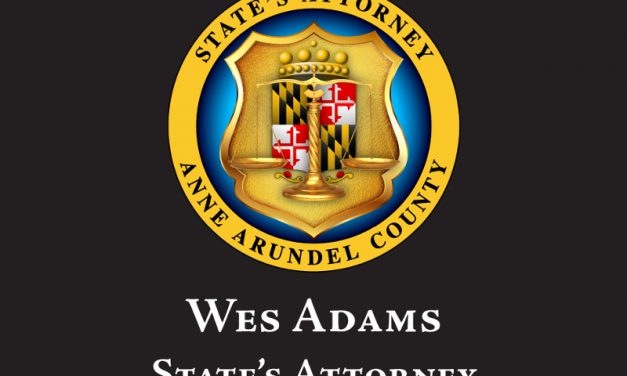
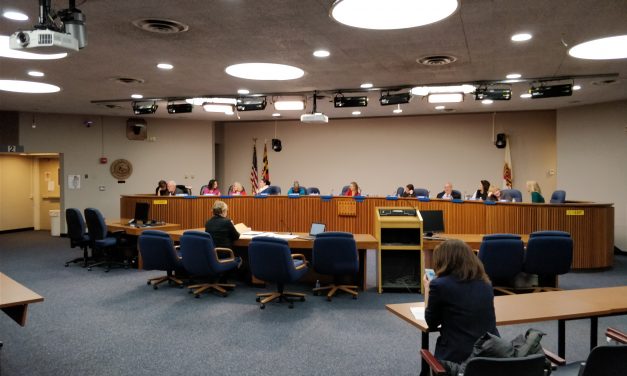

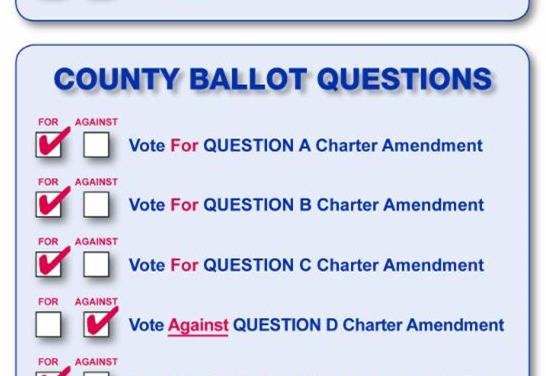

 ,
,